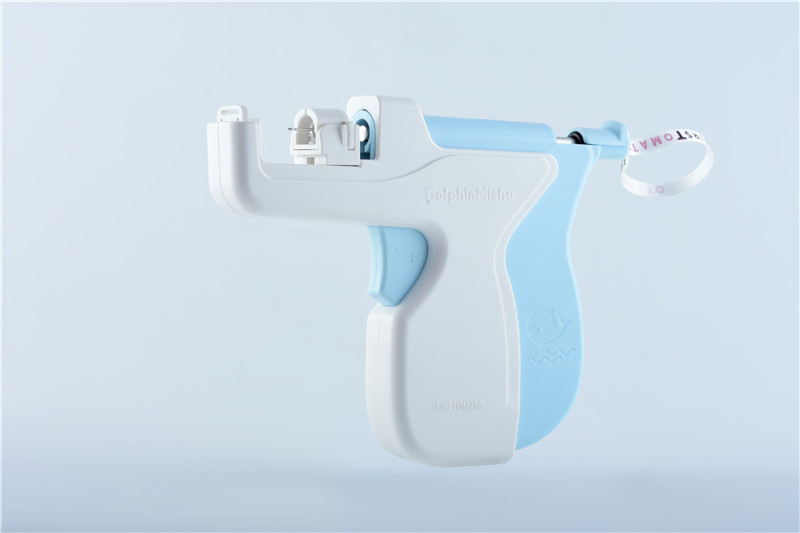Ear piercings are a great way to express yourself, but sometimes they come with unwanted side effects, like an infection. If you think you have an ear infection, the first thing you should do is contact your doctor for advice. Keep the piercing clean at home to help promote a speedy recovery. Piercings in the cartilage of your ear are particularly prone to serious infection and disfiguring scars, so in these cases it is especially important to see your doctor immediately if you suspect an infection.While the piercing is healing, make sure that you don’t injure or irritate the site of the infection. In a few weeks, your ears should be back to normal.
1
Go to the doctor as soon as you suspect an infection. Serious complications can result from an untreated ear infection. If your ear is sore, red, or oozing pus, make an appointment with your primary care physician.
- An infected ear piercing may be red or swollen around the site. It may feel sore, throbbing, or warm to the touch.
- Any discharge or pus from a piercing should be checked out by a doctor. The pus may be yellow or white in color.
- If you have a fever, see a doctor immediately. This is a much more serious sign of infection.
- Infections usually develop within 2-4 weeks after the initial piercing, although it is possible to develop an infection even years after getting your ears pierced.
2
Leave the piercing in the ear unless otherwise told by your doctor. Removing the piercing can interfere with healing or cause an abscess to form. Instead, leave the piercing in your ear until you see your doctor.[4]
- Avoid touching, twisting, or playing with the earring while it is still in your ear.
- Your doctor will tell you if you can leave the piercing in or not. If your doctor decides that you need to remove the piercing, they will remove it for you. Do not put earrings back into your ear until you have your doctor’s approval.
Post time: Oct-11-2022

